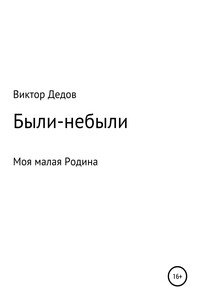A moongate in my wall: собрание стихотворений | страница 14
Her poetry is filled with a deep awareness that "you are also a part / of this very life, and grass, and sky, / that the sky is quietly blue above you; / that you are the grass, the tiny insect, the sky, the sun, / the clump of earth by the roots of grass" (poem 229). People "in huge / cement and asphalt tombs / on the bottom of deep, stone wells" forget about "the gold of fallen leaves/' the autumn smell of mushrooms and wet earth, the rustling of wind in a large garden, and the simple beauty of nature (poem 376). Poems grieve the destruction of nature by urban sprawl: houses are built, paths disappear under the cement, small animals run away, and "only the clouds in the sky / remind of the perished miracle" (poem 433).
She paints with a beautiful symbolist palette. One of the dominant colours is white and its derivatives and compounds; frequent use of black and derivatives provides a powerful contrast Some poems resemble paintings done in black ink on white paper. In "Saleve" (poem 220), touches of silver and gold are added to a black and white landscape. Another colour of great importance is the light blue \goluboi) of the title of her third collection, the beloved colour of romantics and symbolists. Gray is reserved for cities with their enormous buildings, street hospitals, fences, dusty streets, and crowds.
Her poems tend to be short, mostly untitled, and resemble inner monologues. In some, the final line throws a new light on the entire poem. The "Byl okean surovyi tsveta stali" (The severe ocean was the colour of steel) (poem 482), describes a ship which makes it safe to harbour during a storm and the sailors happy that the emergency is over, and then culminates with the words: "But what the night promised, no one knew»." In another, recollection of a night walk through a forest and of coming to a river where "the quiet stretch of sand lay pink and golden" and fishermen greeted the sunrise, suddenly ends on the line: «At that time we did not even dream of the whirlpool of tears» (poem 483).
Her Russian poems generally follow traditional metrics and rhyme patterns, though her later poetry displays some most interesting departures from tradition. She admitted: «Many write without rhymes, but I am old fashioned and like music in poetry, but sometimes I love 'free verse' and write like that myself. But I have one self-imposed rule: either free verse, or rhyme, but if it is rhyme, then the entire poem is rhymed.»

